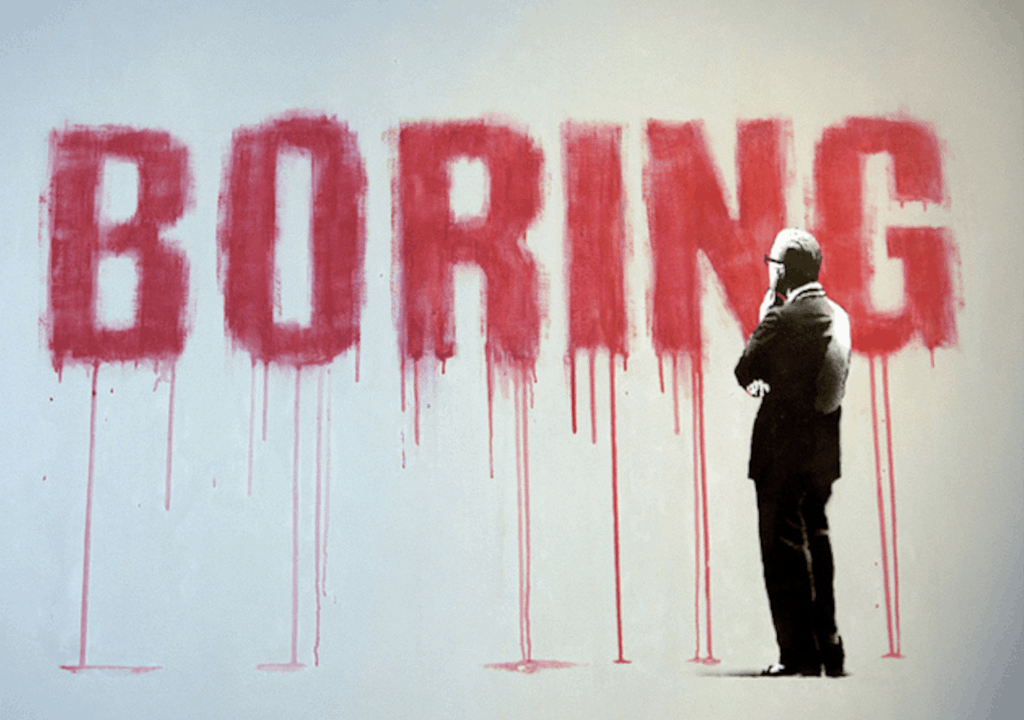The shop was teeming with a hogde-podge of people. Young and old, men, women, locals, and tourists, quite a representative sample. It was rather fitting that the news buzzed through my phone here. I stopped stockpiling food for a moment as I perused the screen wide eyed, slowly comprehending: Hungarian politics are yet again exciting. Unfortunately.
The rather listless race for the position of the mayor of Budapest has been disrupted by the sudden announcement of a new candidate. Democratic Coalition (DK), a party of the much loathed former prime minister, Ferenc Gyurcsány, started backing a new player in the campaign, a well-known TV personality and journalist, Olga Kálmán.
The great aplomb with which DK far exceeded expectations elevated the party to a force to be reckoned with, drawing a desperate cry from the lips of many voters who want a better future for Hungary.
The EP election results evidenced the renewed brio with which the relatively small party set itself against other opposition groups. And therein lies the problem. DK has a track record for trolling the efforts of the opposition to cooperate, and draw attention from opposition agendas to their own narratives.
Most of the clientele of the grocery store I was standing in immersed in the news still remembers the second half of the 2000s. Those above 30 certainly still have stronger feelings about the period. The shop owners too, given that when Ferenc Gyurcsány visited the city, tomatoes, eggs, and other projectile foodstuff sold much better.
Ferenc Gyurcsány used to be a tactful politician. He used to match the political power of current Prime Minister Viktor Orbán. However, when as a socialist prime minister Gyurcsány admitted to lying and cheating during elections in a leaked video, his popularity plummeted, further exacerbating his hopeless economic policies during the financial crisis.
His struggles to keep his position drew unprecedented ire among Hungarians, and the hatred towards Gyurcsány defined politics for the next couple of years.
Viktor Orbán gained a supermajority in the next elections by exploiting this demand for a contrastful change and he could further entrench his power by scaring people with Gyurcsány.
The failed politician didn’t retire, though. After a brief hiatus, he founded his party, Democratic Coalition (DK) which is on the progressive left side of the spectrum. The party usually nested between the 5% threshold of getting to parliament and the much more prestigious double digits in popularity polls.
However, Gyurcsány realized that his success lies not in directly taking on Fidesz as a small party, and not in being absorbed into an opposition effort to do the same, but in a long-term strategy of taking over the opposition.
DK’s success in the EP election (gaining 4 seats with 16%, thus being the second most popular party) lied in the realization on the part of Gyurcsány that his character is stall hated widely. So he pushed his wife to the front instead, and she quickly became the most popular candidate during the elections.
Another smaller party, Momentum, which identifies as more or less liberal, also gained more votes than expected during the EP elections.
Whereas DK’s demographics are the eldrely, Momentum gets its supporters from the youth. People whom I see congregating at the craft beer section of the shop probably voted for them. But craft beers are popular, and Momentum got almost 10% at the election, enough for 2 seats.
The party popped into the limeline form apparently nowhere thanks to a campaign to stop Budadapest’s bid for hosting the Olympics, although at that point it was only a movement. The immense success of the campaign was more than the new movement could accommodate, and they couldn’t catch up to their success.
Many people gave up on the part early on, after it not managing to get into the Parliament in the 2018 elections.
Despite their victory compared to poll results at the EP elections, the same story seems to repeat itself. Momentum couldn’t capitalize on its success, and started promoting one of unknown politicians for the position of the mayor.
Gyurcsány, however, is back for good. After years of no great success (apart from trolling opposition), and a great victory in the EP elections, his political genius is at full speed again.
His candidate for mayor is a famous television presenter, Olga Kálmán, known for her confrontative and trenchant style and strong personality. She is a perfect choice against the main candidate of other left wing parties, Gergely Karácsony, from a micro-party in coalition with the socialists, Gyurcsány’s former party.
Karácsony might be a good analysts, but he is definitely not charismatic, strong, nor comfortiontative. The DK’s candidate could easily beat Karácsony and the Momentum’s candidate in the primaries, when the opposition decided who the common candidate against the governing party’s regnant mayor should be.
Olga Kálmán probably won’t win the ultimate elections, but she might win the primaries. And this is the goal of DK. To further weaken the opposition, helping them along in finally concluding their swan song, so that it can take over once more and be the main force against the governing party, Fidesz, and Viktor Orbán.
The problem is that despite Orbán’s horrible track record of weakening decomratic institutions and the rule of law, and engaging in various corruption schemes, most people would vote for him in a heartbeat over Gyurcsány. If the DK’s leader could stick to the script and step back in favor of more popular candidates, it could be a different story, but it is doubtful whether, ultimately, he is capable of putting his ego aside.
At any rate, the political analyst in me immediately gravitated towards the snack section of the shop while reading the news about the DK’s candidate. I placed ample popcorn into my shopping basket, so I can comfortably sit back and observe the charade.
Though it promises to be entertaining for an observing analyst, as a citizen, I should start despairing for my future.



